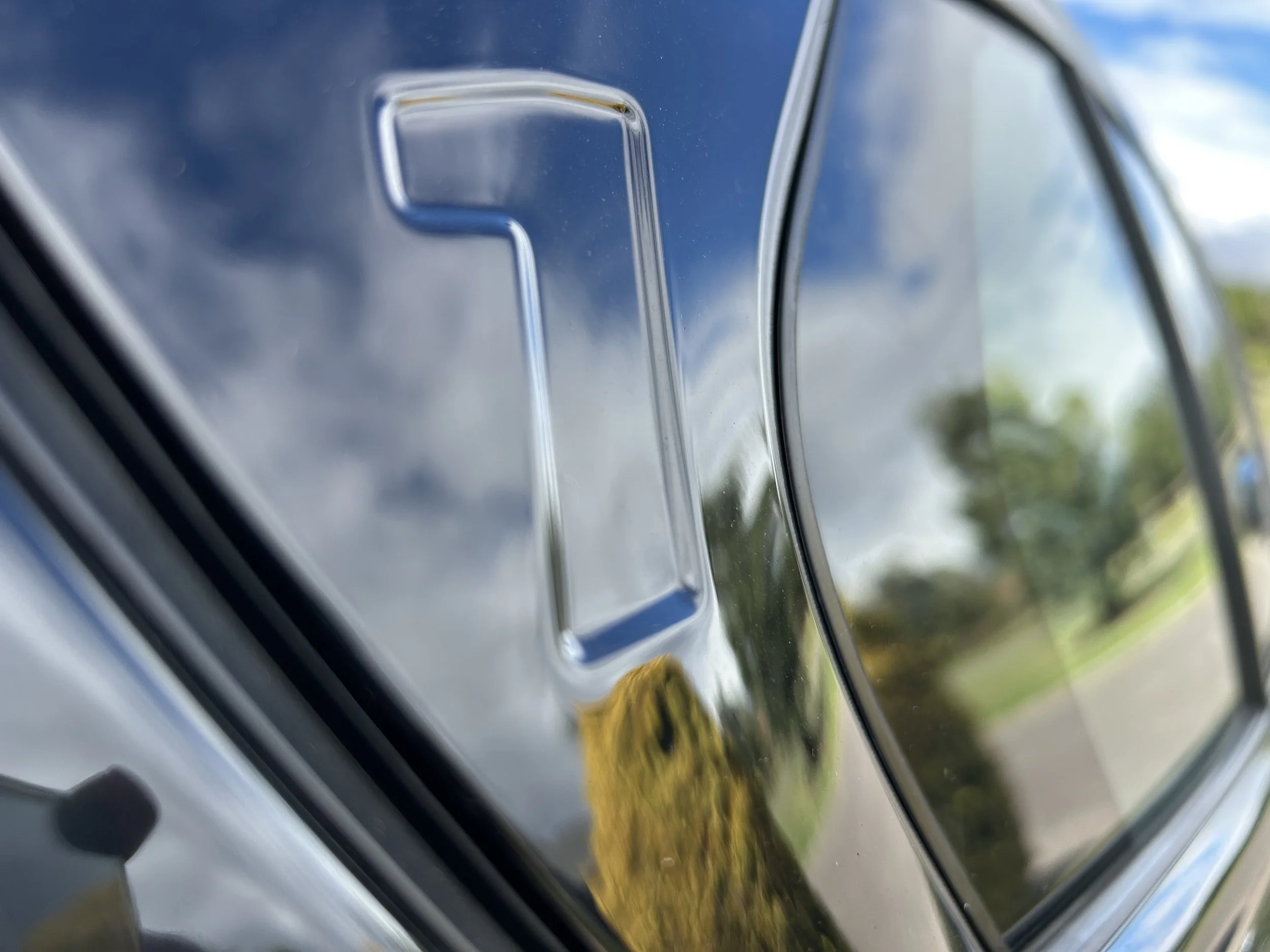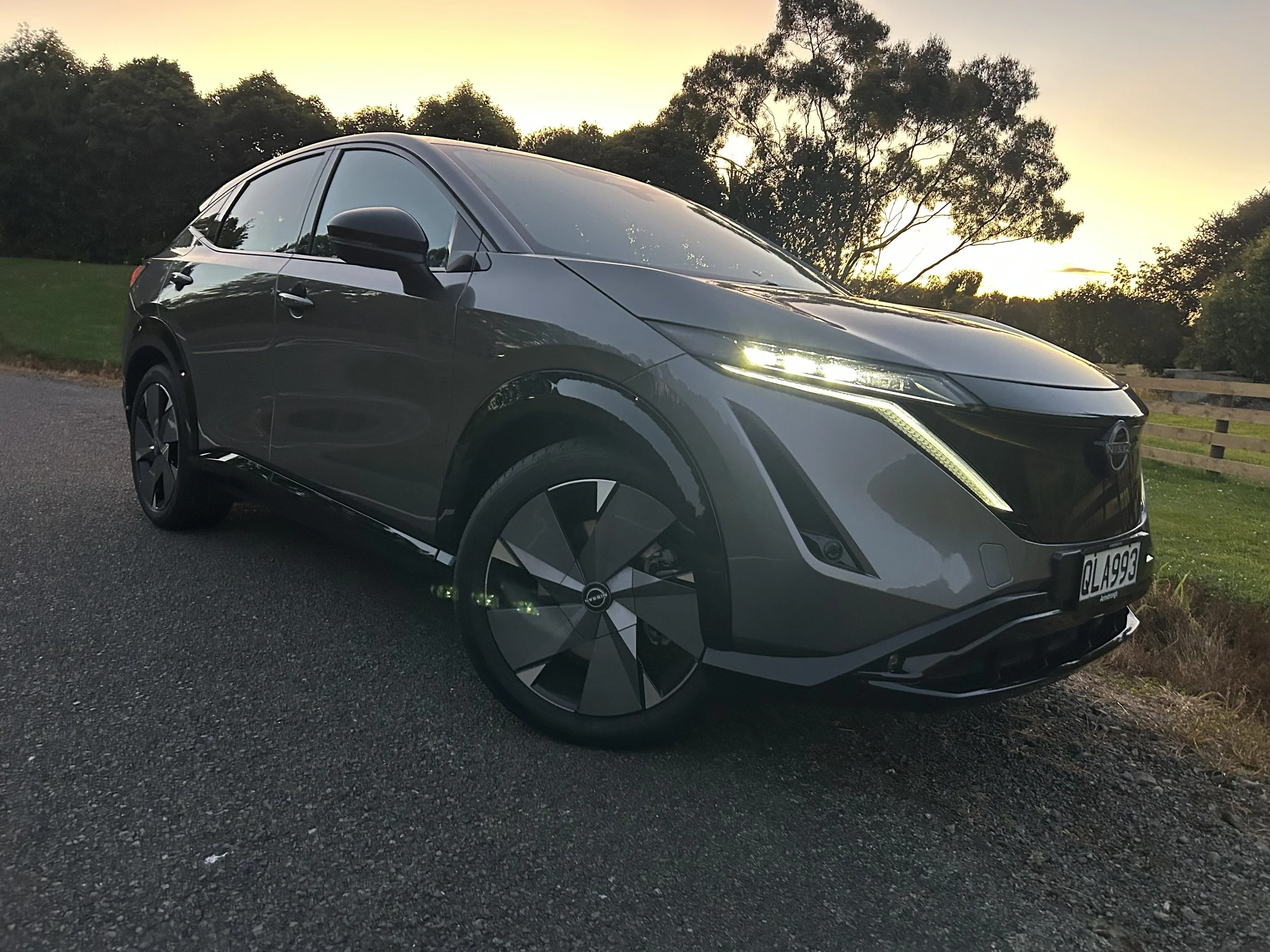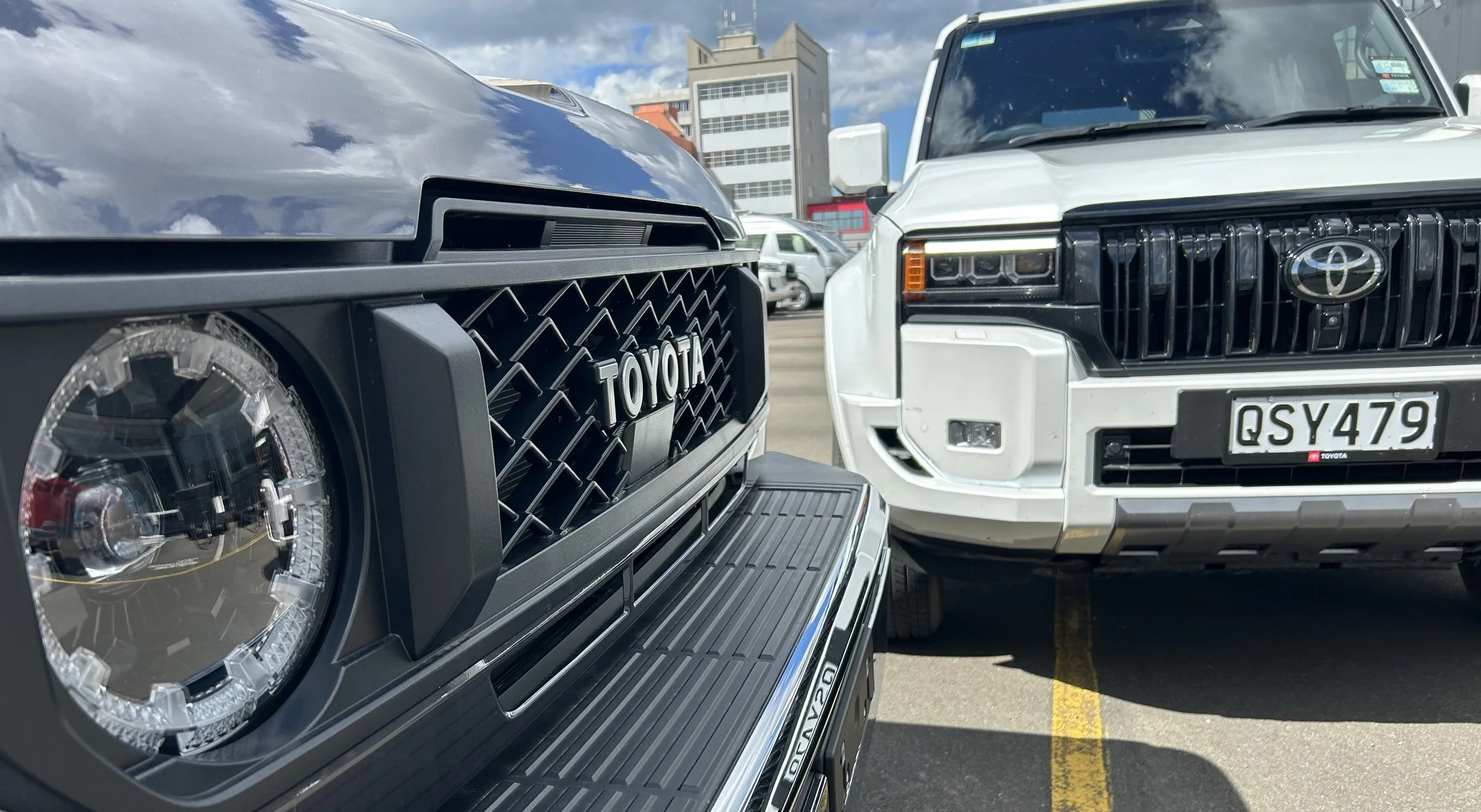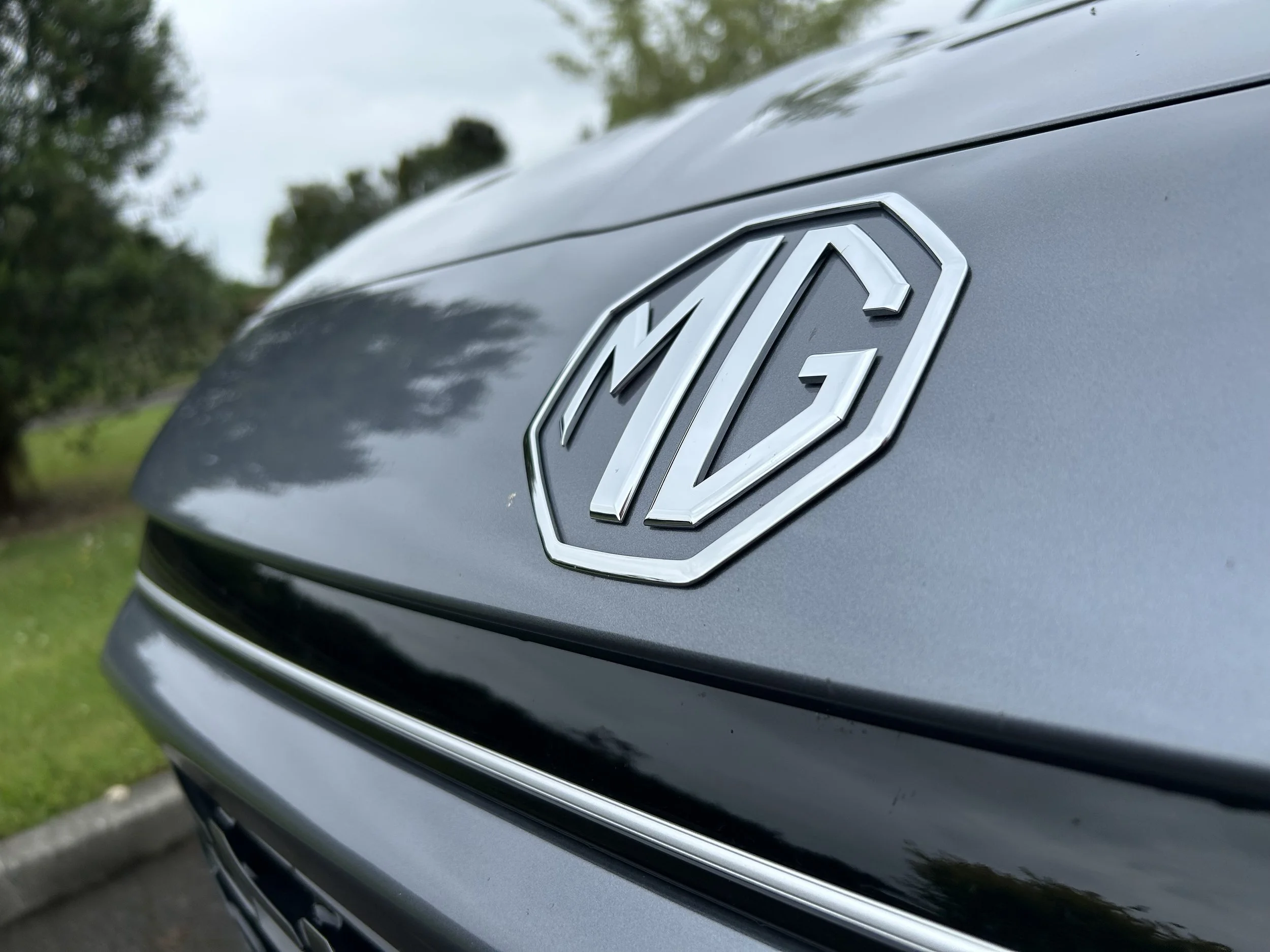Covid-19: So you want to buy a car under Level Three? Here's how ...
/Buying a new or used vehicle is again possible - but it’s hardly as easy as just sauntering onto a yard.
CAR yards might from today become a front line in testing the limits of what constitutes ‘contactless’ under Covid-19 restrictions.
Today’s easing of rules of business under the coronavirus emergency allows new and used vehicle traders opportunity to resume selling, though with caveats and great care.
They might also expect to be under close official scrutiny to ensure Level Three boundaries are not crossed. Quite literally, in fact.
A core requirement carrying over from Level Four is that businesses cannot offer services that involve face-to-face contact.
Whether that even allows yards and showrooms to operate and to what extent has caused demarcation and seems sure to become controversial.
All this in a climate of growing desperation to resume trading.
Allowance to keep supplying new products to essential services since lockdown hit on March 26 has hardly been any panacea for the new car industry.
Franchises are braced for April being the worst month for vehicle registrations since data-gathering began in 1975.
It’s been little better for the used car sector that has spent almost a year grappling with a slow but steady decline in used import volumes. Over-saturation and a regulation demanding electronic stability control in all ex-Japan passenger fare imported from March 1 have hurt.
Level Three gives franchise outlets a lifeline in that they can reinstate serving and parts provision, but with clear proviso customers do not have direct involvement.
The core business of selling vehicles now also seems possible to accomplish, but not easily. Car yards are the sole avenue as Trade Me has stopped sales of non-essential items, including vehicles, and auctions are also off.
Want a test drive? Some brands are trying out virtual tours by video, where a salesperson shows you around on screen.
But plenty of punters will prefer to drive. First, prospective vehicle buyers are being asked to communicate remotely (so by phone or email). There’s no direct handing over the keys. Cars will be left at a mutually agreed place for hand over and return. When you’re out driving, sales folk might want you to patch into the Bluetooth – a good way to chat about the features and how stuff works. Vehicles will have to be extensively sanitised before and after. Arranging any eventual sales will also be by phone or internet and could become completely paperless.
What has raised concern is intention by some new and used vehicle sellers to staff and open their yards to customer visits – either to the edge of the property or actually onto premises.
From the tenor of their website announcements, some operators seem to believe they can allow the latter so long as a visit pre-arranged, social distancing is maintained and there are hygiene provisions.
That potentially takes them into a danger zone that the The Motor Industry Association, which represents new vehicle distributors, believes is best approached with extreme caution.
The Government’s Unite against Covide-19 website also sides with that viewpoint and offers this might become a matter than might attract further investigation.
It reminds no physical storefronts can be open. “They can do contactless delivery or click and collect … customers wanting to look at cars (on the sales site) would have to do so through video call and not in person.”
MIA Chief executive David Crawford understands a number of distributors have indicated their franchises will open, but not showrooms.
“If somebody wants to buy a vehicle it can be done, but it’s on-line and contacting the franchise dealer. Showrooms will not be open.”
As for allowing public access to premises? “Yeah, we’ve looked into this. I’d like to be able to say the rules are crystal clear. They’re not. But they are relatively clear.”
The only possible solution had, or created, a drive-through corridor whose dimension and markings met requirement. “If they had that and were able to maintain a contactless exchange then it’s possible.”
However, it was complex and “the margins are going to be very fine.”
Used car dealers contacted had varying viewpoints about how much care was required and more than one suggested it really came down “to how this is interpreted.”
In his instance, the yard would be staffed, but the gates would be locked so no-one could simply wander in. Any customer interaction would be by invitation only. “We arrange a pick-up time and leave the car outside the gate for them to take away.”
If lines are crossed, should there be sympathy? Crawford says there’s no argument the industry is under pressure.
“It doesn’t matter if you’re a franchise dealer or not, whether you’re selling new or used. It’s about cash flow. Just getting those businesses to operate and generate even a bit of cash flow is important.
“This is a capital-intensive sector and with lots of money tied up with servicing capital and there’s no incomes …. well, you can get crippled fairly quickly.”
At same token, new vehicle distributors were wholly supportive of the Government’s action against coronavirus and felt it was crucial to maintain the letter and intent of their advice.
“No doubt there will be some people out there who might try to push the barriers … but the last thing any of the franchise dealers and distributors want is to bring disrepute to the sector at this time.”

















